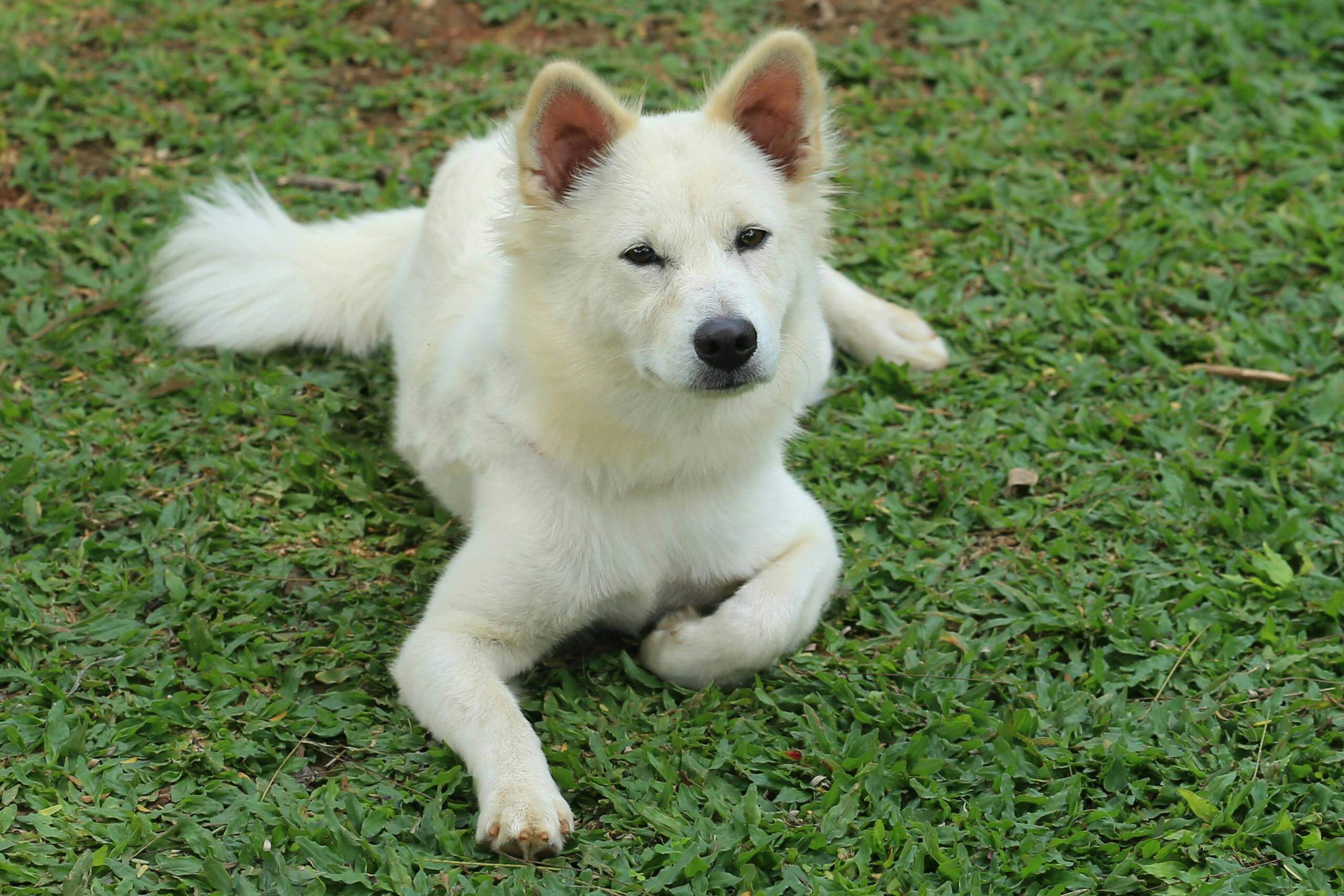
Understanding Dog Diarrhea
Before we delve into treatment options, it’s crucial to understand what causes dog diarrhea. Just like in humans, diarrhea in dogs can be caused by a variety of factors, including dietary indiscretion, sudden dietary changes, infections, parasites, stress, or underlying health issues. Identifying the cause of your dog’s diarrhea can help determine the most effective treatment.
Home Remedies and Treatment
When your dog has diarrhea, the first step is to ensure they have access to plenty of fresh water to prevent dehydration. You may also consider withholding food for 12-24 hours to give their digestive system a chance to rest. After this brief fasting period, a bland diet such as boiled chicken and rice can help ease their stomach and firm up their stools. Probiotics, which can be found in yogurt or supplements specifically designed for dogs, may also aid in restoring the balance of healthy gut bacteria.
When to Seek Professional Help
In most cases, a dog’s diarrhea will resolve within a day or two with home care. However, there are instances when it’s important to seek professional help. If your dog’s diarrhea is accompanied by other concerning symptoms such as vomiting, lethargy, and blood in the stool, or if it persists for more than a couple of days, it’s time to consult your veterinarian. These can be signs of a more serious underlying issue that requires medical attention.
Preventing Future Episodes
Once your dog has recovered from diarrhea, it’s important to take steps to prevent future episodes. This may include gradually transitioning your dog to new foods, ensuring they don’t have access to garbage or other potential sources of dietary indiscretion, and keeping them up to date on parasite preventatives. Remember that any changes to your dog’s diet should be made gradually to avoid digestive upset.
Dealing with a dog experiencing diarrhea can be stressful, but with the right approach, you can help your furry friend recover comfortably and quickly. By understanding the causes, implementing appropriate home care, and knowing when to seek professional help, you can ensure that your dog’s health is in good hands. As always, if you have any concerns about your dog’s health, don’t hesitate to reach out to your veterinarian for guidance and support.
[/fusion_text]



